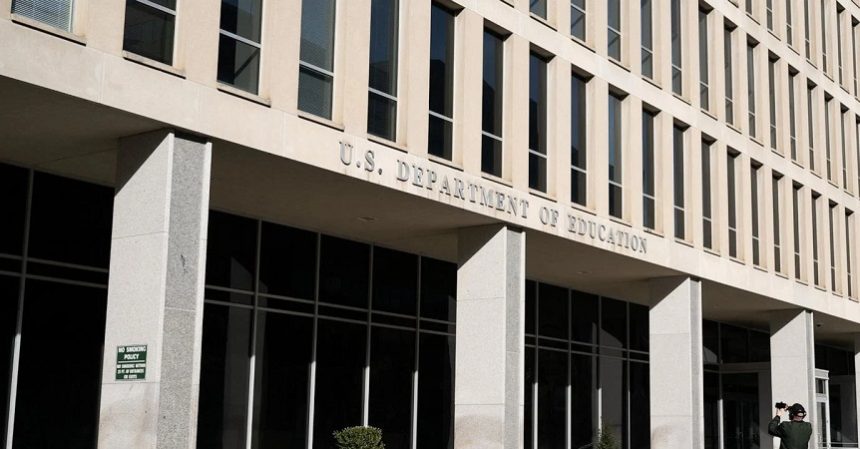Grand Rapids, Mich. — Six local cannabis dispensaries have filed a lawsuit against the city of Grand Rapids, claiming that its social equity policies, aimed at promoting fairness in the cannabis industry, have effectively turned into a financial burden rather than a tool for social change.
The lawsuit, filed in early 2025, challenges the city’s Marihuana Industry Voluntary Equitable Development Agreement (2018) and the Cannabis Social Equity Program (2020). These policies require cannabis licensees to submit a social equity plan that includes commitments such as workforce diversity, supplier diversity, and investments in minority business development. Although the city’s website states that participation in the program is voluntary, once a plan is submitted, it becomes legally binding.
The program includes a point-based system that awards points in five key categories: local ownership, workforce diversity, supplier diversity, new business development, and cannabis community fund investment. Businesses that fail to meet the requirements could face sanctions, which, according to the policy, could include reduced license durations or reports to the state.
The dispensaries involved in the lawsuit argue that these policies, instead of promoting social equity, have turned into a means for the city to generate revenue. According to the dispensaries, the city introduced a point transfer system in 2022, which requires businesses that fail to meet the social equity standards to pay up to 3% of their gross revenue. If they do not comply, they risk losing their licenses. The lawsuit contends that the funds collected through these payments are deposited into the city’s general fund, raising questions about the true intent of the policy.
Between 2022 and 2024, the six dispensaries—Fluresh, Ascend Cannabis, High Profile, and Skymint locations—paid a combined total of $2.2 million in what the lawsuit describes as a “penalty system.” Payments ranged from $40,000 to $512,000 per year. The dispensaries claim that they were blindsided by these additional financial burdens, especially since the point transfer system was not in place when they initially submitted their compliance plans.
The dispensaries assert that the city’s actions constitute a de facto fine, which the lawsuit argues is unlawful under Michigan’s state laws limiting local governments’ ability to impose excessive fees or fines on cannabis businesses. Furthermore, the dispensaries contend that the city’s social equity policies are little more than a “revenue-generating policy” under the guise of helping historically disadvantaged communities.
In addition to the financial claims, the lawsuit also raises concerns over the timing of noncompliance notices. The city allegedly waited until just weeks before the dispensaries’ licenses were set to expire to file notices of noncompliance, putting their state licenses at risk. In one case, the city issued a noncompliance notice to Fluresh in 2024, almost forcing the dispensary to close its operations in Grand Rapids and across the state. The notice was later withdrawn after the Michigan Cannabis Regulatory Agency intervened, allowing Fluresh to renew its state license at the last possible moment.
The lawsuit also describes what the dispensaries believe to be an overly invasive enforcement process. In the case of Fluresh, the city reportedly demanded personal tax returns from all of its employees for the past ten years.
The dispensaries are seeking a preliminary injunction to halt the enforcement of the city’s social equity policies and are requesting that the city repay the fees they paid in 2023 and 2024. The lawsuit claims that the city’s actions have created significant financial strain on businesses that are already navigating the complex and competitive cannabis market.
In response to the lawsuit, a spokesperson for the city declined to comment, stating that the city does not discuss pending litigation. However, the case has sparked a larger debate about the balance between fostering social equity in the cannabis industry and the potential financial burden that such policies can place on businesses.
As the legal battle unfolds, the outcome may have broader implications for other cities across the nation that have adopted similar social equity programs. The dispensaries involved in the lawsuit hope to set a precedent that ensures the policies intended to support marginalized communities do not inadvertently harm the businesses that are working to comply with them.








Thanks for sharing. I read many of your blog posts, cool, your blog is very good.
Your article helped me a lot, is there any more related content? Thanks!
64kl4n
r3nied
Thanks for sharing. I read many of your blog posts, cool, your blog is very good.
7ajtjy
Your article helped me a lot, is there any more related content? Thanks!
Can you be more specific about the content of your article? After reading it, I still have some doubts. Hope you can help me.
slp0jq
Your article helped me a lot, is there any more related content? Thanks!
Thank you for your sharing. I am worried that I lack creative ideas. It is your article that makes me full of hope. Thank you. But, I have a question, can you help me?
Your point of view caught my eye and was very interesting. Thanks. I have a question for you. https://accounts.binance.com/fr-AF/register-person?ref=JHQQKNKN
Your point of view caught my eye and was very interesting. Thanks. I have a question for you.